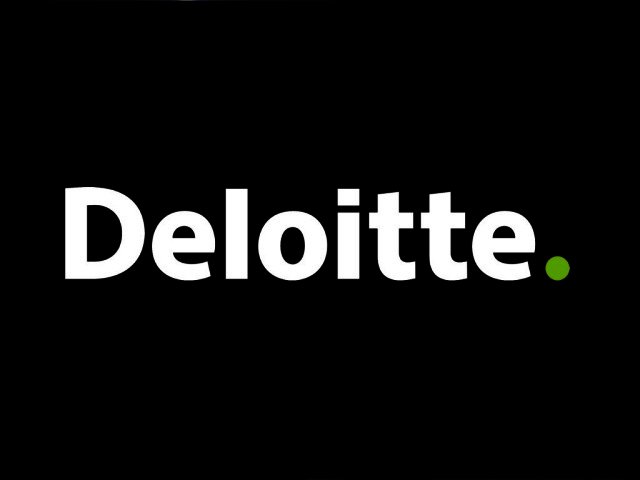Today Deloitte and Mastercard released a joint report titled ‘Leveraging digital to unlock the base of the pyramid market in Africa’, with focus on the waves of digital innovation in financial services. The report, released during the World Economic Forum on Africa (WEF), reinforces that digital technology is financially empowering more African’s.
With focus on lower-income earners, referred to as the base of the pyramid (BoP) market, the report looks at how best to facilitate financial inclusion by providing financial solutions, products and services that focus on affordability, reach, access and trust.
“Half of South Africa’s workface falls into the BoP income bracket, with this share likely to be much higher in the rest of the African continent,” says Roger Verster, Financial Services Industry leader at Deloitte Africa. “Although BoP consumers represent the majority of African consumers and spending power, their low income has been seen as a hindrance to gaining access to products and services through traditional distribution models.”
The widespread reach of digital technology across sectors in Africa has spurred the introduction of new market entrants and solutions that aim to disrupt those traditional models and accelerate financial inclusion. A key enabler and catalyst for digital disruption in the financial services sector has been the rapid adoption of mobile phones, which play an important role in delivering digital services to those still unbanked or underbanked at more affordable prices.
Raghu Malhotra, president, Middle East and Africa at Mastercard, adds that developing a more inclusive Africa will take a combination of strong partnerships, relevant financial solutions and a willingness for governments to move beyond cash. He identifies several trends impacting financial inclusion, including mobile devices as a payments acceptance tool, the digitisation of key value chains, the growth in online cross-border money transfers and electronic identity solutions.
Partnerships with mobile network operators (MNOs), in particular, enable these new entrants to tap into an existing customer base and gives them access to solutions such as mobile wallets that help to streamline credit extensions, the collection of premium’s and the overall claim pay-out process.
As part of identifying innovative ways of unlocking new markets and providing more affordable and accessible solutions to the BoP, the report identifies three waves of digital disruption across Africa. The first wave involves Fintech companies disrupting the banking sector by developing digital banking and payment solutions, started mainly in collaboration with telecommunication companies.
The most well-known example is Safaricom’s mobile wallet, m-Pesa, which is now available in 10 countries and has a customer base of approximately 30 million active users.
Successful companies that leverage mobile technology – often through partnerships, cloud computing and advanced data analytics – to bring down costs, achieve reach and increase trust. HomeSend, a remittance solution developed by Mastercard for example, allows affordable cross-border money transfers and payments mobile money accounts, payment cards, bank accounts or cash outlets, helping to displace cash in Africa and globally.
Additional mobile solutions is changing the face of the financial sector, and Malhotra points out that applications such as Masterpass QR introduced in Africa in 2016 is a game changer for merchants, removing the need for traditional point of sale terminals. He highlighted in the report that access to these type of solutions is having a significant and positive impact on all African’s, and resulting in stronger economies.
“Going forward we expect digital disruption to gain further momentum and to lead to exciting new business models in an increasingly converging industry. A glimpse into the future shows that platform companies will emerge as key industry players creating marketplaces for a host of financial services and blurring the lines between financial services and technology providers,” says Verster.
Following in the footsteps of Fintech companies, insurtech companies have started to shake up the insurance market in a second wave of disruption by leveraging some of the technologies from the first wave, such as mobile payments systems, to develop insurance products targeted at the BoP. By adopting innovative approaches to risk assessment, distribution, payments, administration and product design, these insurtech companies are able to achieve the scale required to service the low-income mass market.
According to Verster, much of the success of enterprises in the first two waves of digital disruption can be attributed to the fact that engagement and distribution channels, pricing and premium structures as well as payment channels are aligned to the needs and circumstances of low income consumers in their respective target markets.
“Mobile’s power in enabling citizens to make and receive payments more seamlessly, simply and securely makes it imperative for businesses and governments to collaborate on and invest in developing solutions that harness the power of digital and drive inclusive growth for Africa’s citizens, particularly at the base of the pyramid,” Malhotra concluded.





